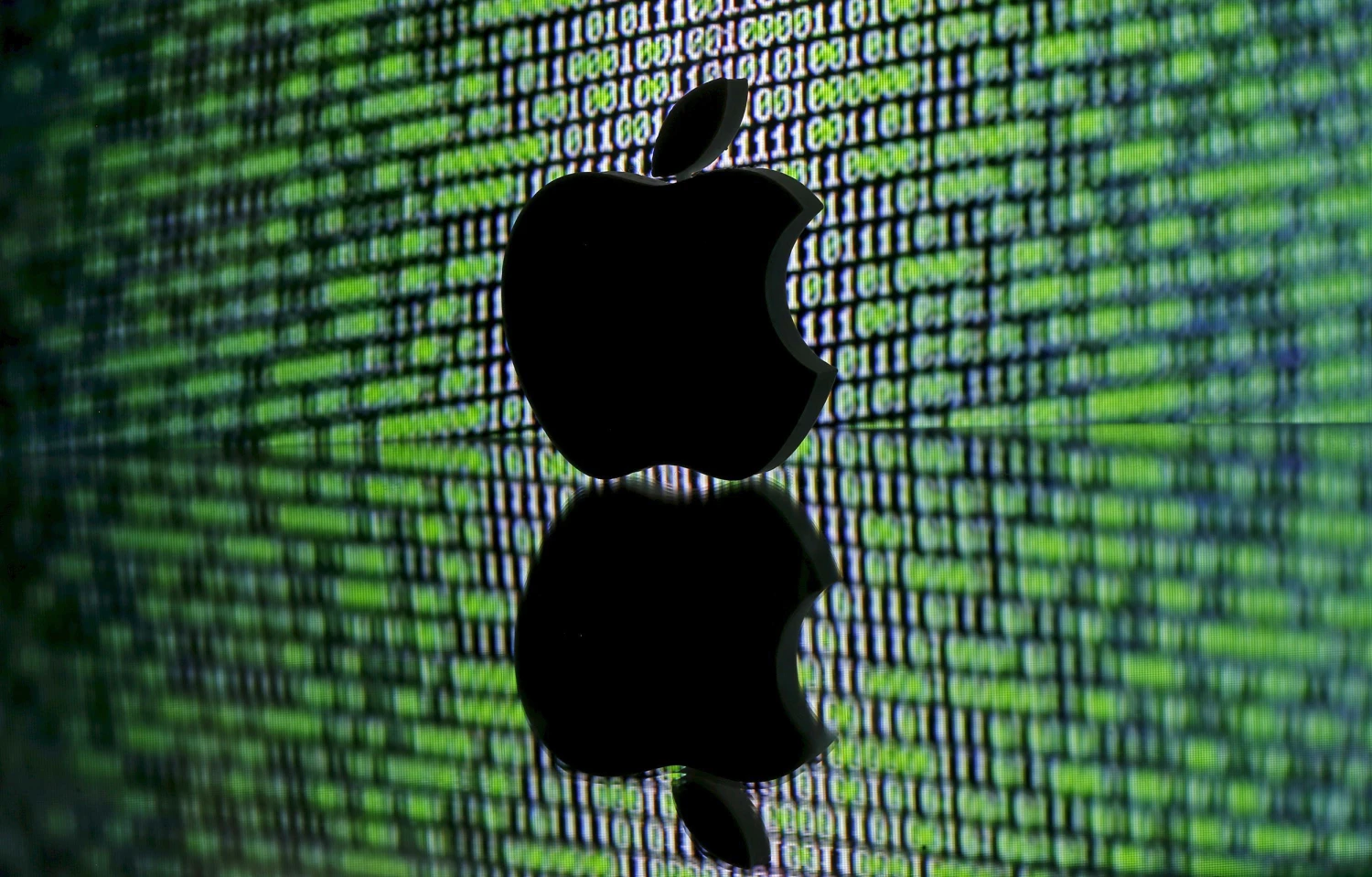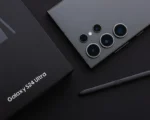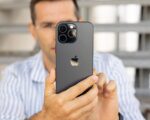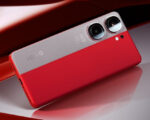A recent report highlights a potential security threat for iPhone users as malicious keyboards, capable of evading Apple’s robust security checks, could be used for unauthorized surveillance. Unlike apps distributed through the App Store, these third-party keyboards find their way onto iPhones through an alternative avenue, utilized by developers for testing their apps on iOS. Once installed, these keyboards can operate discreetly, collecting sensitive user data such as sent messages, passwords, browsing history, and bank credentials.
Certo Software, a security firm, has identified these third-party keyboards as a form of ‘stalkerware,’ referring to spyware applications or services designed for monitoring and stalking individuals online. The challenge for hackers lies in distributing these malicious apps through the App Store, where Apple rigorously scans and scrutinizes each app before publication. To circumvent this, hackers have reportedly turned to TestFlight as an alternative channel for distributing these spyware-laden keyboards.






















